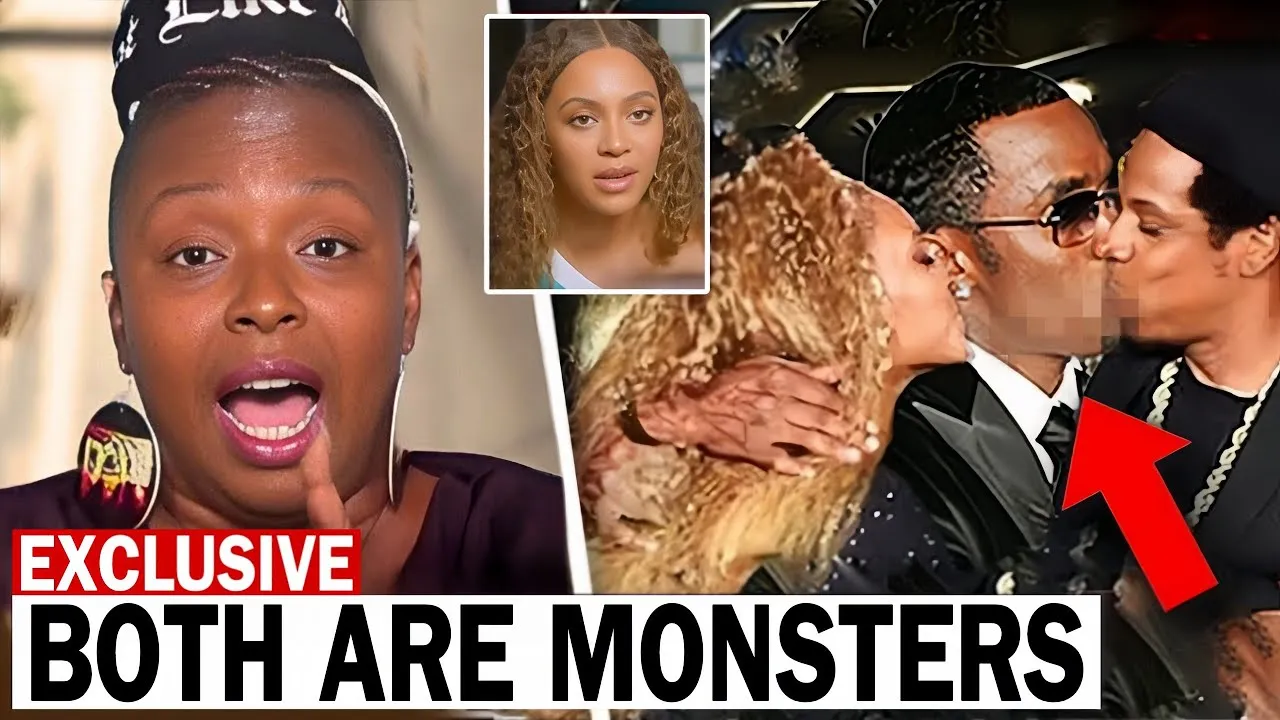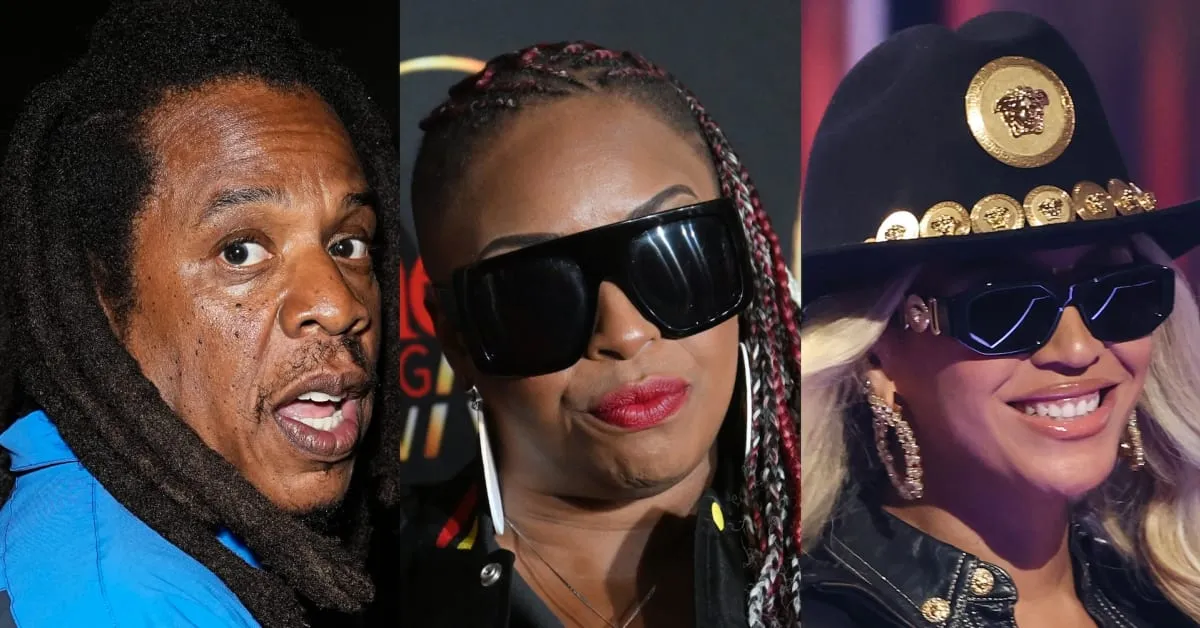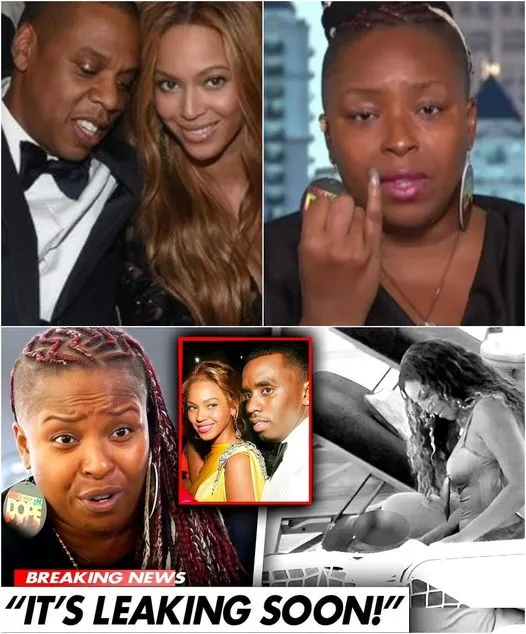Jaguar Wright has made explosive claims, alleging that a private tape involving Beyoncé was sold for a staggering $50 million to an anonymous billionaire buyer. These allegations have sent shockwaves through the entertainment industry, sparking a media frenzy and igniting conversations about privacy, exploitation, and power within celebrity culture. Wright, who has previously made headlines for controversial statements about powerful figures in the music world, has once again captured public attention with her bold remarks.

According to Wright, the sale of the alleged tape suggests that even the most influential stars are not immune to the darker aspects of fame, where personal content becomes a valuable commodity. While the nature of the tape remains unspecified, the sheer price tag attached—$50 million—has left many questioning what kind of content could warrant such an astronomical sum. Public speculation has grown, with many expressing concern about how even figures as private and strategic as Beyoncé can become entangled in such controversies.
Neither Beyoncé nor her representatives have responded to the allegations, adhering to the Carters’ well-known strategy of maintaining silence during rumors and controversies. The singer, alongside her husband Jay-Z, has cultivated a carefully controlled public image, which has been key to their success. With Beyoncé’s empire spanning music, film, and fashion—bolstered by her company Parkwood Entertainment—any threat to that image could have significant personal and financial implications. Given the high stakes, many are wondering if Beyoncé’s team will take legal action, as they have in the past, to protect her reputation and curb further speculation.

Jaguar Wright’s statement plays into the public’s fascination with celebrity scandals, but it also highlights the growing tension between fame and privacy. In an age where private moments can be exposed and monetized, the line between public and personal life has become increasingly blurred. Some critics argue that the very nature of fame makes such invasions inevitable, while others see it as an unethical exploitation of personal boundaries. “When you put yourself in the public eye, it’s like you’re giving away a part of yourself,” one industry insider commented, “but that doesn’t mean anyone has the right to exploit it.”
The alleged involvement of an anonymous billionaire buyer adds an unsettling element to the story. Speculation about the identity of the buyer has only added fuel to the controversy, raising questions about the role of wealth and power in controlling narratives within the entertainment industry. The idea that private content involving one of the world’s most influential entertainers could be sold behind closed doors reflects the complicated dynamics of influence, money, and control that often operate out of the public eye.

Jaguar Wright’s previous statements have drawn mixed reactions, with some praising her for exposing uncomfortable truths about the entertainment industry and others questioning her credibility. Whether this latest claim will gain traction or fade into the background remains to be seen. However, the controversy serves as a reminder of the challenges celebrities face in maintaining privacy and control over their narratives, even at the height of fame.
This unfolding story has captivated audiences, and many are eagerly watching to see if Beyoncé or her representatives will break their silence. If the allegations persist, the Carters may be forced to address the situation publicly to protect their brand. Whether through public statements or legal measures, how they respond will undoubtedly shape the outcome of this controversy and its impact on their carefully maintained legacy.
In the meantime, the public remains on edge, waiting to see how this story develops. For now, the allegations offer a glimpse into the murky world of celebrity life, where even the most private stars can find themselves at the center of sensational rumors.